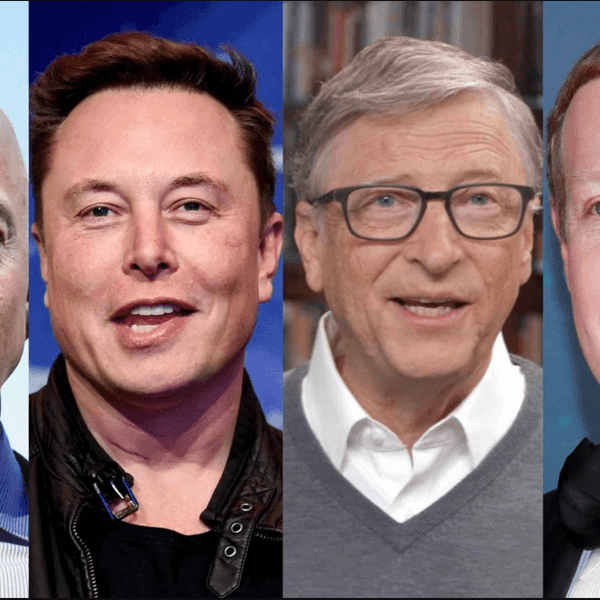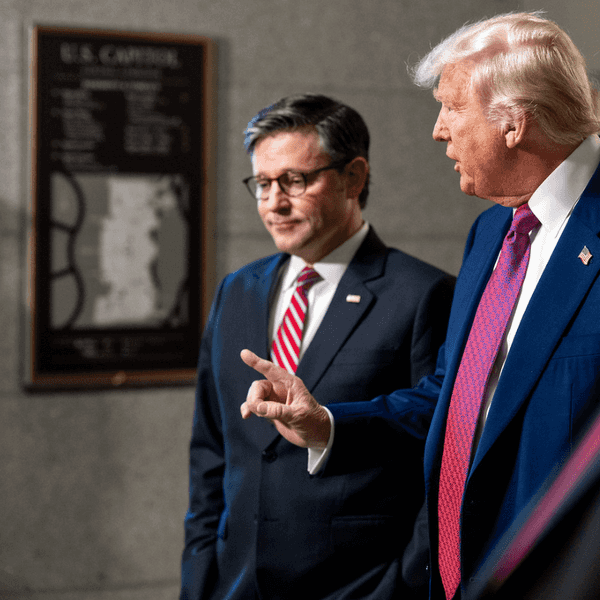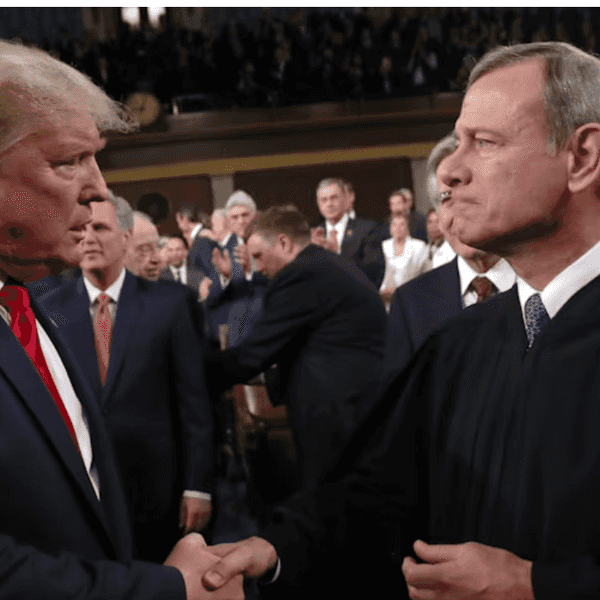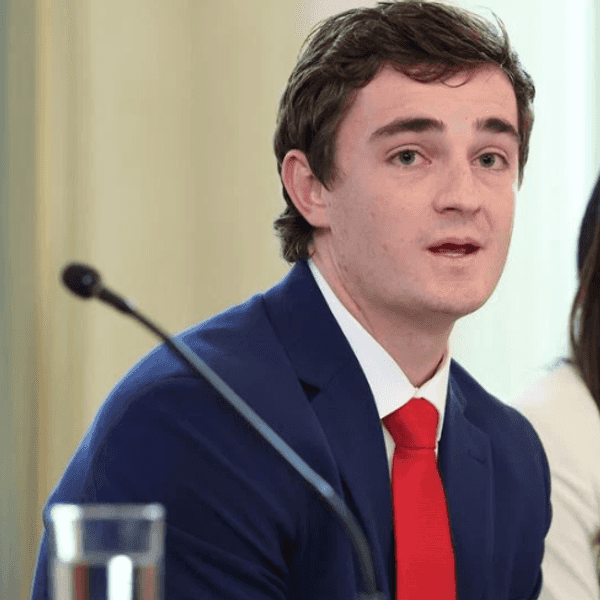Heated Exchanges Over Claim Of A Link Between Global Warming And Terrorism

By Evan Halper, Tribune Washington Bureau (TNS)
As world leaders convene in Paris this week to confront the long-term threat of global warming, the fact that their talks are taking place in a city still recovering from a deadly terrorist attack has amped up a long-running debate about how much climate change contributes to extremist violence.
The question is playing prominently in the U.S. presidential race. The bitter disagreement it has spawned underscores the challenge climate activists face in selling their broader message to the public.
Activists consider climate change an existential crisis that demands immediate attention. But its link to any specific occurrence, whether an individual storm or an act of terrorism, is tough to pin down. That makes the activists’ case harder to sell to the public.
On the other side, conservative critics of climate activism have ridiculed suggestions that global warming is a prime security issue.
In Britain last week, Sky News aired an interview with Prince Charles in which he declared that a clear link existed between climate change and the emergence of the Islamic State.
“There is very good evidence indeed that one of the major reasons for this horror in Syria was a drought that lasted for five or six years,” he said.
“Heir brained,” the tabloid Sun, owned by Rupert Murdoch’s News Corp, harrumphed in a front-page editorial.
Similarly heated exchanges have marked the U.S. political scene. As a result, Tom Steyer, the California billionaire who has spent tens of millions of dollars on campaigns aimed at making climate change an election issue, chose his words carefully when the question of linkage came up during a recent meeting with reporters in Washington.
But he insisted the link exists.
“It isn’t us who are saying that climate matters for national security,” Steyer said. “It is the CIA … the Joint Chiefs of Staff. The national security apparatus believes that climate is a destabilizer and a creator of national security concern. Talk to any service. The services are all over this.”
Indeed, a week earlier, the CIA had made its most recent foray on the issue. The agency’s director, John Brennan, told a forum in Washington that extreme weather related to global warming is exacerbating food and water shortages that make populations vulnerable to extremism.
“Mankind’s relationship with the natural world is aggravating these problems and is a potential source of crisis itself,” he said. “Last year was the warmest on record, and this year is on track to be even warmer.”
That linkage, however, was considerably more cautious than the language used by Sen. Bernie Sanders of Vermont, who said in a Democratic presidential debate the day after the Paris attacks that “climate change is directly related to the growth of terrorism.”
Nonpartisan fact-checking groups dinged Sanders for overstating his case. They did not take issue when another candidate, former Maryland Gov. Martin O’Malley, declared that the “cascading effects” of global warming had created a humanitarian crisis in Syria that helped give rise to Islamic State.
America’s intelligence agencies and armed forces have been tracking the potential effects of climate change on national security for years. Such efforts have been stepped up lately, as President Barack Obama has increased his focus on the issue.
The risks that intelligence and military officials have identified range from instability caused by drought to the threat of naval bases being submerged by rising sea levels. The latest “Worldwide Threat Assessment of the U.S. Intelligence Community” maps out how climate change can exacerbate the spread of health-security risks such as the Ebola virus.
The report most often cited when climate activists seek to directly tie global warming to the rise of the Islamic State is one published this year by the National Academy of Sciences. It examined the conditions that existed in Syria in the run-up to the civil war there.
In the years leading up to the outbreak of fighting in the spring of 2011, a severe drought in the Mideast had forced the migration of 1.5 million people out of farming areas. That helped trigger civil unrest. The international team of scientists who produced the study, led by Colin Kelley, a climatologist from UC Santa Barbara, concluded global warming had exacerbated that drought.
“We conclude that human influences on the climate system are implicated in the current Syrian conflict,” the authors wrote. That’s the conclusion Prince Charles appears to have been referring to.
But in the backdrop of the debate are environmental groups growing increasingly frustrated with the low priority voters place on confronting climate change. The groups are searching for messages that might more readily stir voters to action.
“We have a mission,” Steyer said, “which is to prevent climate disaster.”
©2015 Tribune Co. Distributed by Tribune Content Agency, LLC.
Photo: A French police officer patrols in front of the entrance of the venue for the COP21 World Climate Summit at Le Bourget, near Paris, France, November 26, 2015. REUTERS/Christian Hartmann








